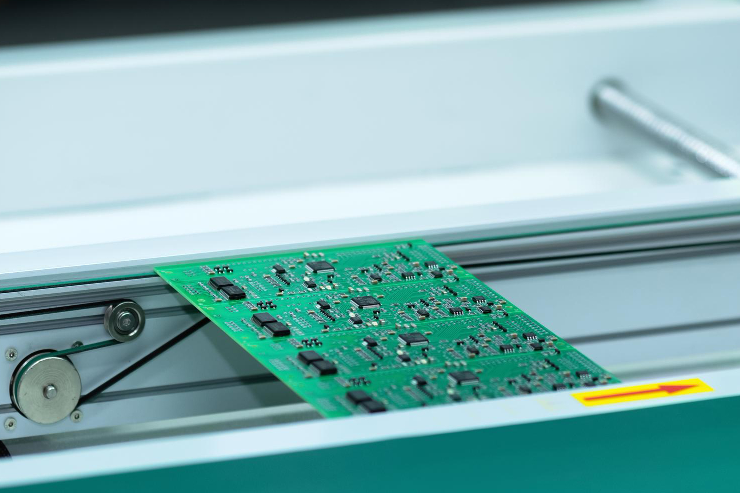The Amey Plastics Guide to Choosing the Right Plastic Material for Your Project - Selecting the Best-Fit Plastic for Performance, Efficiency and Value
- josh61940
- May 15, 2025
- 3 min read

Choosing the right plastic material is one of the most important decisions you'll make during the design and manufacturing process. The material you select directly impacts a product’s strength, durability, cost, aesthetics and overall performance.
At Amey Plastics, we work with a wide range of materials and help our clients match the appropriate plastic to their specific application. In this blog, we’ll walk you through key considerations when choosing the right plastic for your project.
1. Understand Your Product’s Requirements
Before selecting a material, consider what your product needs to do:
Mechanical strength – Will the part experience high stress or pressure?
Flexibility or rigidity – Should it bend or remain rigid?
Chemical resistance – Will it come into contact with oils, cleaners or other chemicals?
Temperature resistance – Must it withstand heat or cold?
Aesthetics – Does it need a glossy, textured or coloured finish?
Compliance – Does it need to meet medical, food-grade or fire safety standards?
Understanding these performance requirements helps narrow down your options early in the process.
2. Know the Common Plastic Types and Their Uses
Here’s a quick guide to some of the most widely used plastic materials in injection moulding:
ABS (Acrylonitrile Butadiene Styrene)
Tough, impact-resistant and easy to machine. Common in enclosures, consumer goods and automotive parts.
Polypropylene (PP)
Lightweight, chemical-resistant and great for living hinges. Used in packaging, medical devices and automotive applications.
Polyethylene (PE)
Durable and moisture-resistant. Ideal for containers, bottles and food-related products.
Nylon (Polyamide)
Strong, wear-resistant and self-lubricating. Suited to gears, mechanical parts and electrical connectors.
Polycarbonate (PC)
Extremely tough and transparent. Used in lenses, safety equipment and electronics.
PVC (Polyvinyl Chloride)
Chemical-resistant and flame-retardant. Found in piping, enclosures and some consumer goods.
TPE/TPU (Thermoplastic Elastomers/Urethanes)
Rubber-like materials offering flexibility and comfort. Used in grips, seals and wearable devices.
Each plastic comes with its own trade-offs in terms of cost, performance and processability.
3. Consider Cost and Production Volume
Your budget and production volume will also affect material selection:
High-volume runs benefit from materials that process quickly and efficiently.
Low-volume or prototype projects may use more versatile or cost-effective materials to reduce tooling investment.
Material cost vs. performance – A higher-priced material might reduce failures, warranty claims or production time, resulting in long-term savings.
4. Evaluate Environmental and Sustainability Factors
With growing focus on sustainability, many clients now consider:
Recycled plastics – Such as rABS or rPP for lower environmental impact.
Biodegradable options – Useful for specific short-term or eco-focused applications.
Material recyclability – Choosing plastics that can be reprocessed at end of life.
At Amey Plastics, we support a range of sustainable material choices and can help you meet your environmental goals without compromising quality.
5. Test Before You Commit
If you’re unsure which material is best, we recommend creating a prototype:
Test performance under real-world conditions
Evaluate surface finish, colour and flexibility
Make adjustments before committing to full-scale production
This is all part of our design-for-manufacture support at Amey Plastics — helping you get it right first time.
Need Help Choosing the Right Plastic? Let’s Talk.
Material selection doesn’t have to be daunting. At Amey Plastics, we guide clients through the entire process — from material selection and prototyping to full production.
Whether you’re developing a new product or improving an existing one, we’ll help you choose the plastic that delivers on performance, budget, and sustainability.
Got a project in mind?
Get in touch with the Amey Plastics team today to discuss the right material for your product. Call us 01730 266 525 or email sales@ameyplasticsltd.co.uk.










Comments